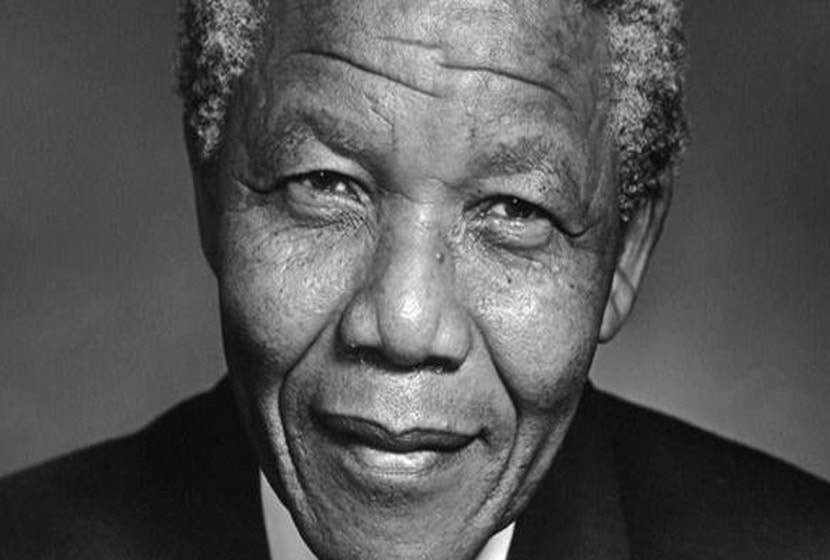Here is a good interview published in the Tribune (Opinions file).
LA TRIBUNE - In your book, you make the difference between innovation and creativity. What's the difference?
LUC DE BRABANDERE - When talking about change, the first thing to do is to distinguish between two concepts: perception of the world and reality. Innovation, in my vision, is the process by which a company changes reality. Creativity is how an individual changes his perception of things. We say create or innovate, but there is no such thing as "creativity".
Creativity is not an action, but a thought. You can be innovative without creativity: often you innovate by copying others, by drawing inspiration from what has already been done. You can be creative without innovation.
For example, Xerox invented the computer mouse, but did not exploit it, allowing others to benefit from this innovation. My belief is that we cannot think without a predefined framework, without a mental model. The art of creativity is to go outside that framework and create a new mental structure that allows new ideas to find their meaning.
LT: So in a knowledge-based economy, there is a premium for those who have new ideas?
LB: Exactly. The English title of my book, Thinking in New Boxes, is quite untranslatable in French. It's not just "Thinking in New Boxes". The important word is boxes. Thinking out of the box, which is imperfectly translated as "thinking outside the box", does not mean thinking outside of where I am, for example, my company, my sector. It means changing the vision I have of it.
LT: But we say, with economist Schumpeter, that innovation is the engine of growth.
LB: This is where philosophy is useful because it brings to words the rigour that mathematics demands from numbers. Albert Camus said that "to name things badly is to contribute to the misfortune of the world". When Bic goes from a one-colour pen to a four-colour pen, it is an innovation in the writing market, but it does not fundamentally change the underlying model of the Bic company.
Real innovation, the innovation that fuels growth, has come from a new vision of the world. When Bic decided that its business was not just disposable pens, but the world of disposable plastic objects. That changed everything: Bic then started producing lighters and razors. That's what creativity is all about.
LT: What you're saying is that it's wrong to put the word "innovation" in every sauce?
LB: There is a sloppiness in the vocabulary. A break in the model is through creativity, or rather innovation is in creativity. As a joke, I would say that every time sales drop, Gillette adds a blade to its disposable razors! That may improve service to men, but it's not a break.
Innovation is doing better by staying within the same business model"; creativity is when you start thinking about a new system, a new model. In the word business model, it is the second most important term.
LT: How can you think of a different model when on the surface everything is going well for the company?
LB: Let's take an example: if Philips had continued to manufacture lamps, coffee machines or televisions, this would have led to the failure of the company. What saved Philips from Chinese competition was its decision to open its market to the healthcare sector, where monitors and electronics have become very important.
When the Philips boss gave this strategic inflection to his company, he was creative. He thought Philips differently. It was the new way in which Philips thought about itself and projected into the future that mobilized the teams to launch a process of innovation in healthcare.
LT: You also encourage leaders to think in extremes. Is it because the world has become unpredictable?
LB: We need new models. My job is not to say what to think, but how to think. The managers I see have questions about the future of their business model and they realise that the real challenge is to make the right hypothesis about the future. There are level 1 uncertainties: what we know we don't know. The real uncertainty is level 2.
LT: It's the famous "black swan" of Nassim Taleb: it's the ignorance we don't know that is dangerous. Because then, no forecasting is possible. The danger for an entrepreneur is to do nothing, to apply the popular saying "when in doubt, abstain".
LB: No! When in doubt, you have to act and face extreme scenarios, even unimaginable ones. I worked with the managers of a large Belgian company. I asked them two questions. "Imagine that in 2025, your company becomes Chinese..." The immediate and unanimous reaction is then: "It's a joke, it's impossible". If the question is: "Imagine that in 2025, your company has become Chinese", the attitude changes, because people start looking for the reasons that could have led to this situation.
And then you find a lot of good arguments that make such a scenario possible"! This shows that you have to learn to break certainties. It is this principle that I put at the very top of my system, summarized in a sentence by Francis Bacon: "One must obey the forces one wants to command" .
LT: You also quote Walt Disney, who said "if you can dream it, you can do it". That's a little optimistic!
LB: I am optimistic of reason and convictions. As I try to explain, good ideas exist, but often we don't see them because we don't wear the right glasses. Why is it that Sony, who invented the Walkman, didn't invent the iPod and dominate the digital industry as Apple did?
That's because Sony hasn't been able to think about the music world in a different way. Likewise, none of today's big Internet players, Google, Amazon, Facebook, were born in big companies.
Yet Wal-Mart had everything to invent e-commerce. The big TV companies, like TF1, could have launched YouTube. The technologies were known. But what the big companies lacked was the ability to recognize a new idea and grasp its importance.
LT: So the big groups are conservative?
LB : The real problem is not to survive a failure, but to survive its success. That's why some number ones end up falling off their pedestal, out of arrogance or blindness.
It still happens nowadays. Google, created fifteen years ago, did not see Facebook coming ten years ago. BlackBerry is struggling, in part because executives bet on the keyboard while the mobile world was moving to touch.
LT: What do you think of the pessimistic innovation trend in the United States, which says that innovation has stopped supporting growth?
LB: Innovation is sometimes phagocytised by large groups, which prevent creative start-ups from developing. There is a moment when size becomes a problem.
But there are solutions. Thirty years ago, IBM, seeing the arrival of Apple and its personal computer, created a pseudo SMB in Florida by ordering this team not to respect any of IBM's rules but to get the PC out as soon as possible. Error is the condition for success. Nobody lists Apple's failures before the iPhone. Yet it is a long one.
LT: Does Europe still have a chance when the US dominates global innovation?
LB: Creativity and innovation are not only about technology, but also about marketing. Europe has considerable assets. The cappuccino comes from Italy, yet it is the American Starbucks that sells the most. Walt Disney, Hollywood, were inspired by European culture. There are plenty of good ideas in Europe. What is missing are representations of the world in order to realize them.
La tribune.fr / Philippe Mabille - November 2013
 Luc de Brabandere is senior advisor of the Boston Consulting Group / DR
Luc de Brabandere is senior advisor of the Boston Consulting Group / DR
______
"THERE IS SUCH A THING AS A GOOD IDEA! FIVE ESSENTIAL STEPS TO FIND IT."
By Luc de Brabandere and Alan Iny. Editions Eyrolles, October 2013.
French version of Thinking in New Boxes, a New Paradigm for Business Creativity,
Random House Publishing, September 2013.












